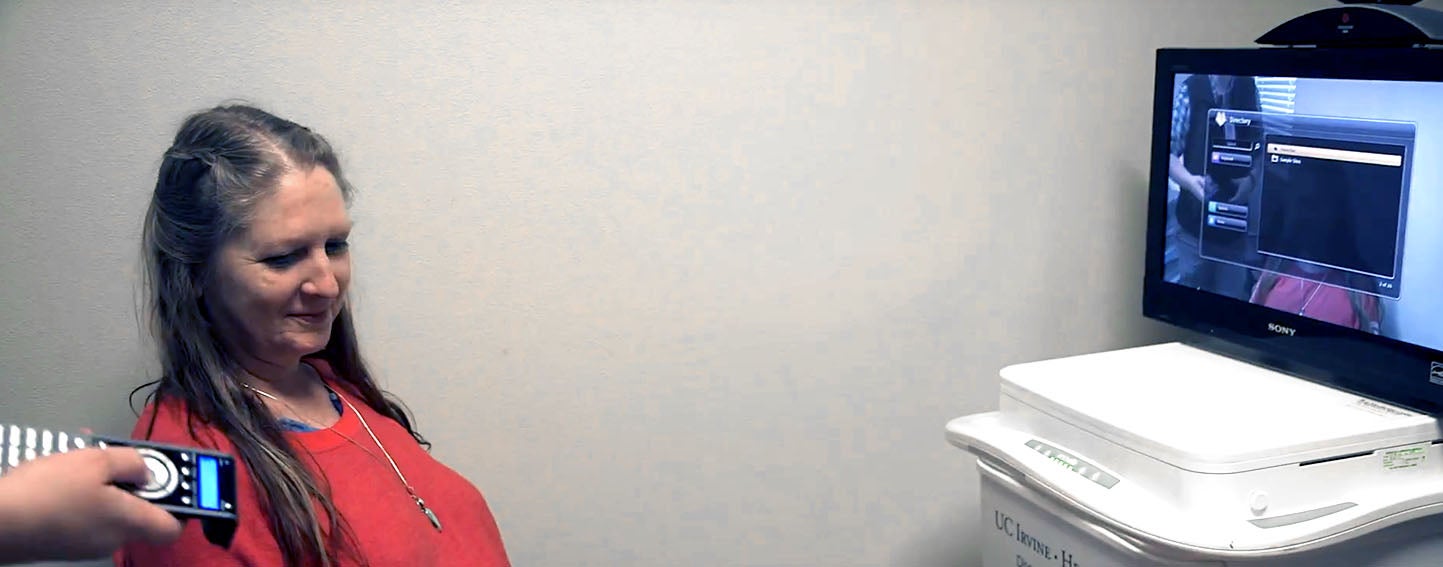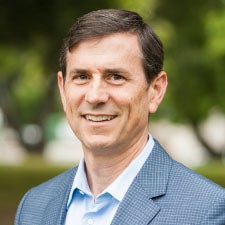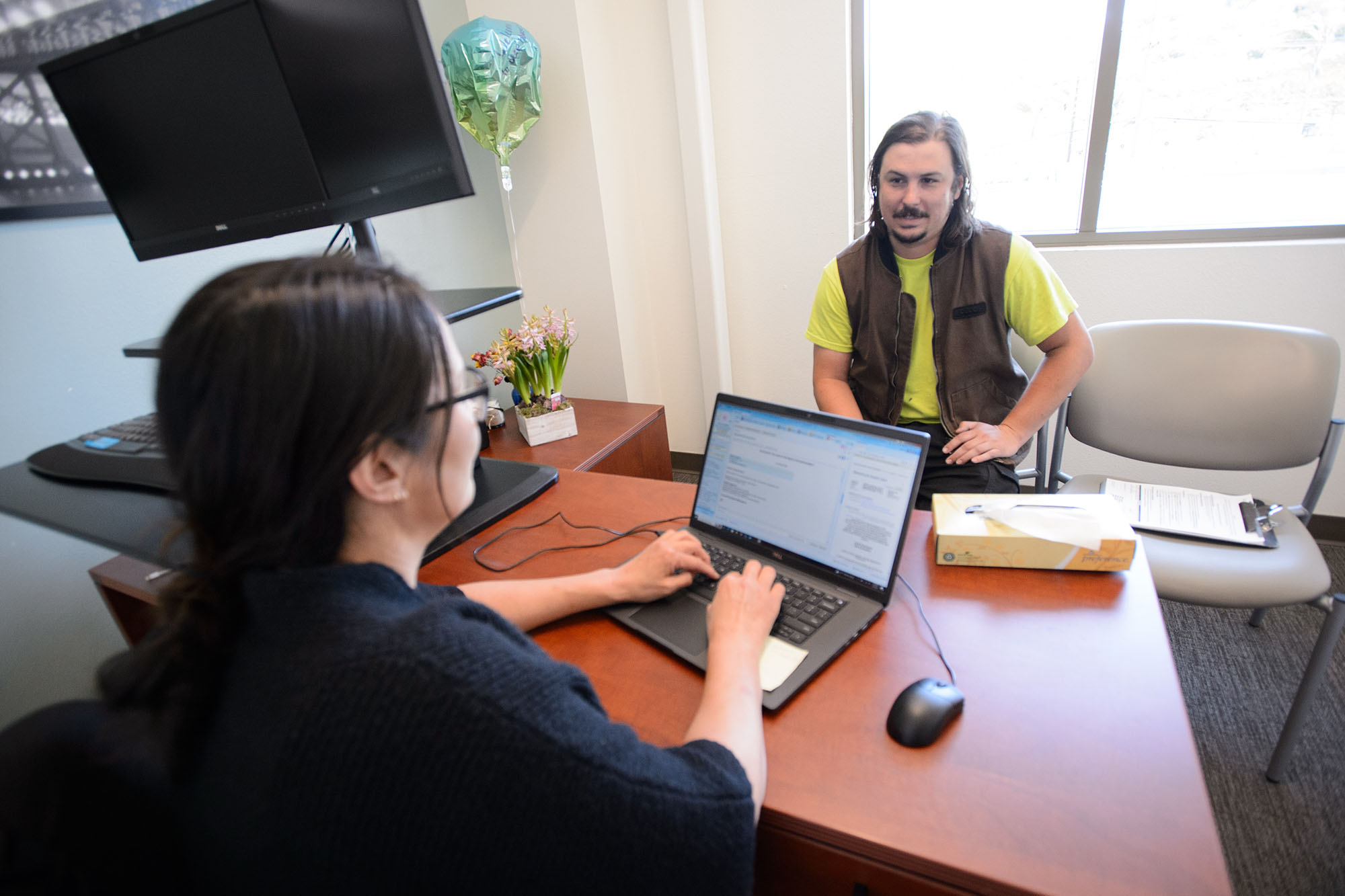
Melissa Phelps, who lives in rural Grass Valley, California, needed to see a specialist to treat her rheumatoid arthritis. Like many Medi-Cal patients in rural areas of the state, the care she needed was out of reach. The closest available specialist was between 60 and 100 miles away, meaning that Melissa was blocked from getting timely care by the difficulty of taking time off work and finding someone to care for her elderly father, Earl, when she was out of town. Meanwhile, her arthritis worsened and she was unable to walk.
Then her primary care clinic, Chapa-De Indian Health, implemented a telehealth program that enables patients to obtain timely specialty care. Melissa soon saw a specialist via live video and got a prescription for the medication she needed. Within two days, she was walking again.
In this video, Melissa shares her experience and Lisa Davies, CEO of Chapa-De Indian Health, discusses the value of telehealth to the clinic and its patients. This is the second in a series of patient stories exploring how telehealth can improve access to care for Medi-Cal patients at community health centers across rural California.
Share Melissa’s story, listen to other patient stories, and learn more about the California Health Care Foundation’s Sustainable Models of Telehealth in the Safety Net initiative online.
Authors & Contributors




